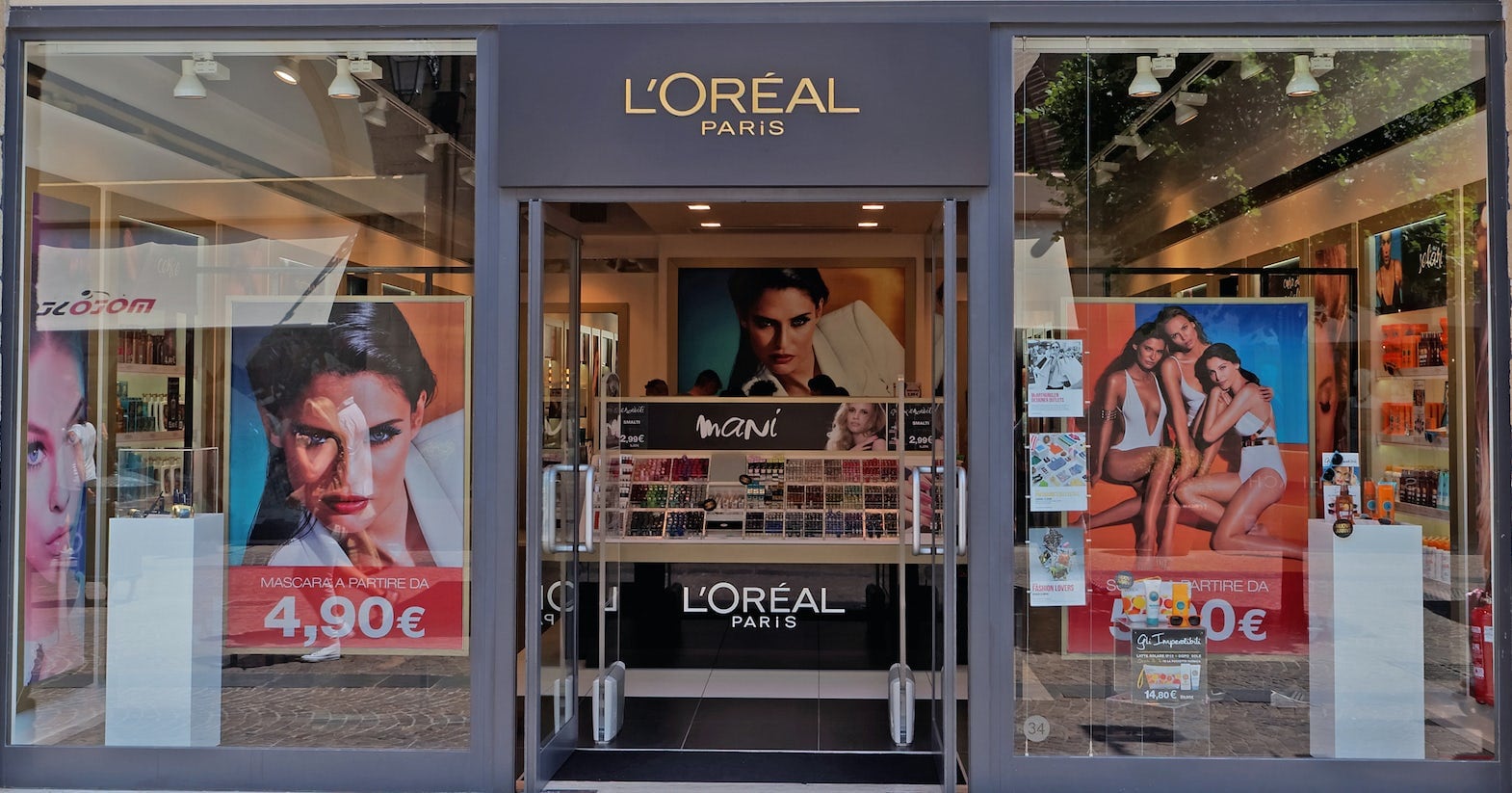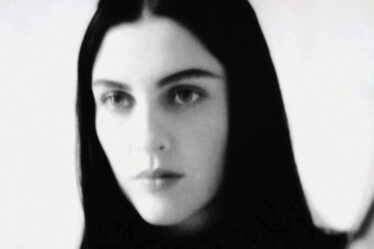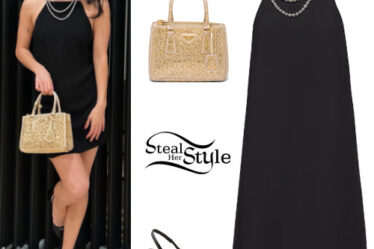
French cosmetics giant L’Oréal reported a 5.3 percent rise in second-quarter sales, below expectations and likely further rattling investors already worried about the lack of rebound in the important Chinese market.
The Paris-based company, which owns the Maybelline and Lancome brands, said on Tuesday that sales in the quarter reached 10.88 billion euros ($11.75 billion), up 5.3 percent on a like-for-like basis from a year earlier, but undershooting the 5.9 percent growth seen in a consensus compiled by Visible Alpha.
The growth, the slowest for a quarter since at least the start of 2022, comes as the global beauty market adjusts to a less dynamic pace of sales after a pent-up surge following the pandemic.
Luxury bellwether LVMH last week said its perfumes and cosmetics sales grew 4 percent in the second quarter, slowing from 7 percent in the first three months of the year.
Shares in US rival Estée Lauder were down 2.7 percent after L’Oréal published its sales, while beauty firm Coty fell 3 percent.
L’Oreal CEO Nicolas Hieronimus had said last month that the global beauty market was growing more slowly than earlier predicted, at about 4.5 percent to 5 percent, largely due to a lack of rebound in the Chinese market.
Shoppers in China, which has been one of the world’s fastest growing beauty markets, are cutting back on spending over worries about job insecurity and a prolonged real estate slump.
The world’s second-larget economy grew less than expected in the second quarter, prompting consumers to buy fewer creams and lipsticks, both online and in stores.
L’Oréal, whose products span the mass market to the high-end luxury segment, had been expected to outpace its peers, but still posted a 2.4 percent decline in like-for-like sales in North Asia, which come mostly from mainland China. That followed a 1.1 percent drop in the first quarter.
“In mainland China, the beauty market was negative in the second quarter on a tough comparison base, exacerbated by lasting low consumer confidence,” said the company in a statement.
Growth also slowed sharply in North America to 3.4 percent for the quarter, but Europe sales rose by 9.7 percent.
“Europe continues to defy gravity,” said analysts at Jefferies.
The company also highlighted the strong performance in its luxury division that markets YSL Libre perfume and Prada makeup. The business grew 2.8 percent, beating expectations for a 1.6 percent rise, thanks to “robust” growth in Europe and “double-digit” growth in North America and emerging markets.
In the consumer products division, which includes its L’Oréal Paris mascaras and Garnier skincare and accounts for more than a third of its revenue, sales grew 6.7 percent on a like-for-like basis.
The smaller but fast-growing dermatological beauty unit, which sells La Roche-Posay and CeraVe skincare, grew 10.8 percent, at a much less rapid pace from prior quarters, due to slower demand in the U.S.
Shares in L’Oréal, Europe’s sixth most valuable listed company, with a market capitalisation of about 211 billion euros, have lost 12 percent so far this year, compared to a 31 percent fall at US peer Estée Lauder.
By Dominique Patton; editing by David Evans
Learn more:
L’Oréal CEO Sees Slower Beauty Market Growth as China Struggles
Nicolas Hieronimus told investors that he now sees the global beauty market growing between 4.5 percent and 5 percent this year from a previous forecast of 5 percent earlier this year.



